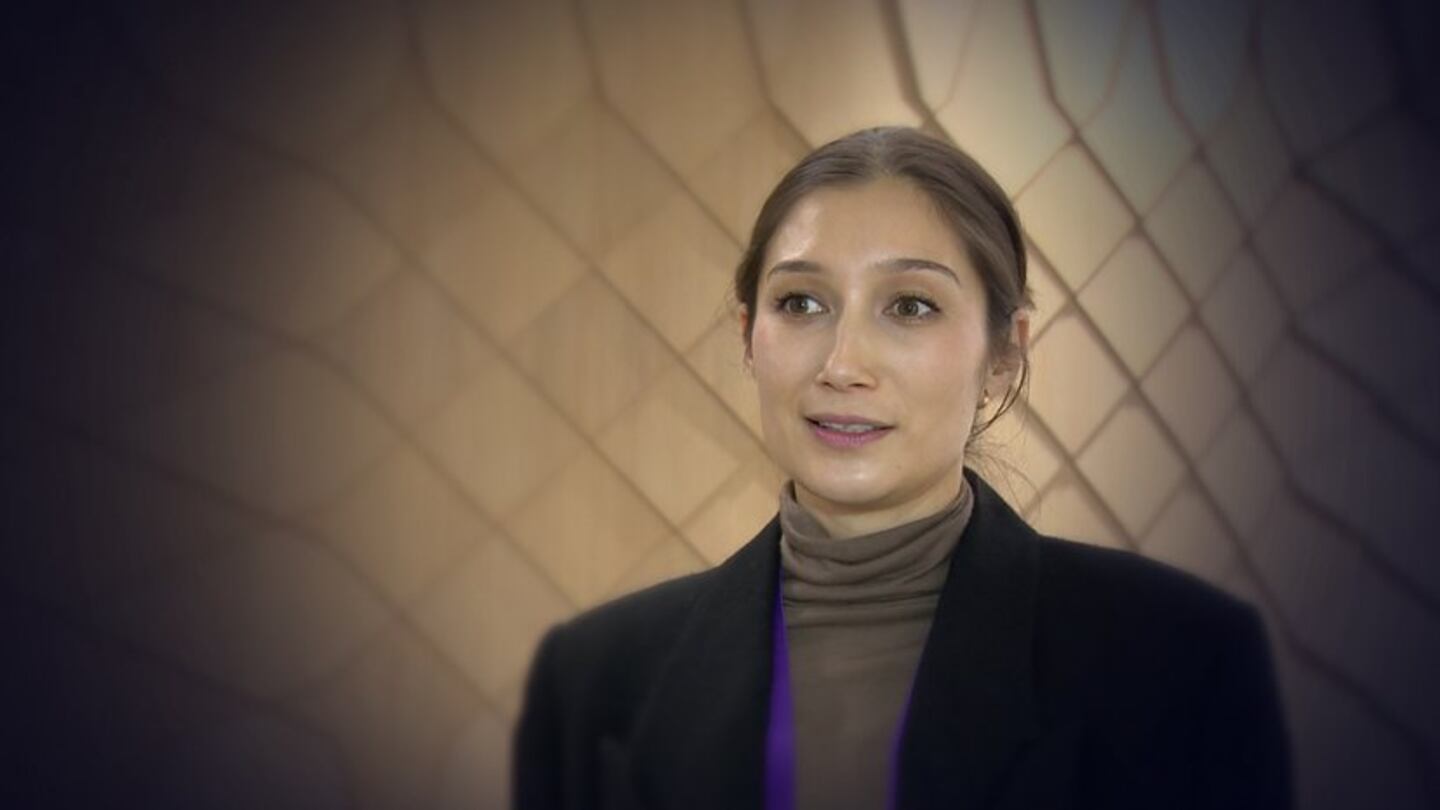Survivors who experienced abuse and neglect in foster care will give evidence at an upcoming Abuse in Care Royal Commission public hearing.
Royal Commission counsel assist Aroha Fletcher says hearing the stories of the survivors of state abuse is heartbreaking.
"They speak of horrific abuses. Their ethnicity or their culture was never acknowledged. One was told that they needed to scrub their skin, because of how brown they were."
Many survivors the Inquiry has heard from were placed in foster care after being removed from their families and whānau, hapū and iwi.
Foster care is when the state has intervened and directed tamariki and rangatahi to be placed with caregivers who are not their parents or whānau for short-term or emergency care, to long-term or permanent arrangements.
During the hearing, the Inquiry will hear from foster care abuse survivors who are Māori, Pacific people, and Pākehā, from the disability community and the rainbow community.
Subscribe to the new Te Ao Māori News on YouTube
Some 'never had a home'
The commission is investigating children taken into foster care between 1950-1999. Counsel Assist Aroha Fletcher says Māori children were disproportionately taken.
And she says some of the survivors never had a stable place to call home.
"Some of these survivors never got the basic necessities. So what we take for granted - love, support, and encouragement to go to school - they didn't get this. Some of the survivors are also speaking about not having any photos from their childhood."
The hearing, which will run for five days, will hear from Māori, Pasifika, disabled and rainbow survivors.
'Weren't believed'
"One of the key messages coming from survivors is they weren't seen, heard, or believed when they were in the foster care settings and that's when they were abused. So that's what we're focusing on, the abuses that happened in the foster care settings and their effect on their lives."
Evidence presented at the hearing will inform the Inquiry's Social Welfare report, which will be given to the Governor-General next year. Fletcher says it's important New Zealand hears these stories.
"It's really important that we actually get that survivor experience focus before the commission and for the public to understand exactly what they went through."



